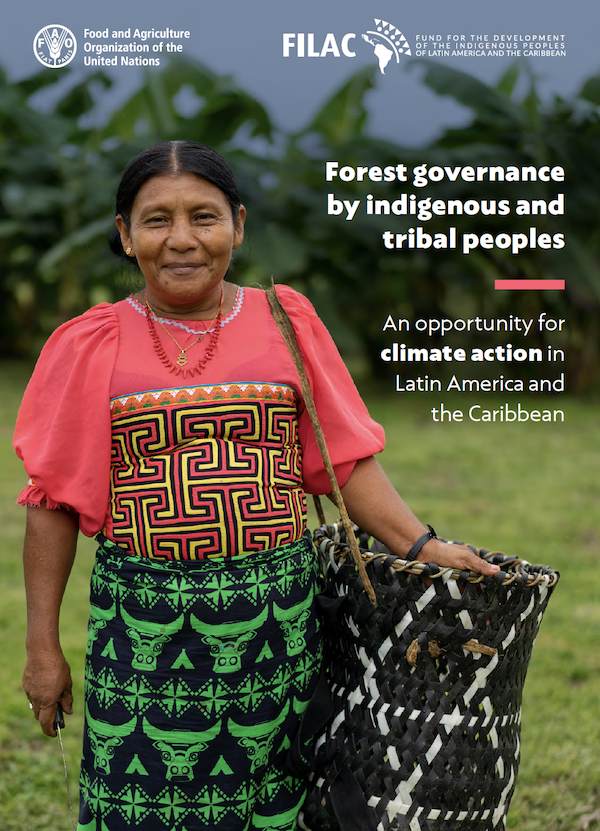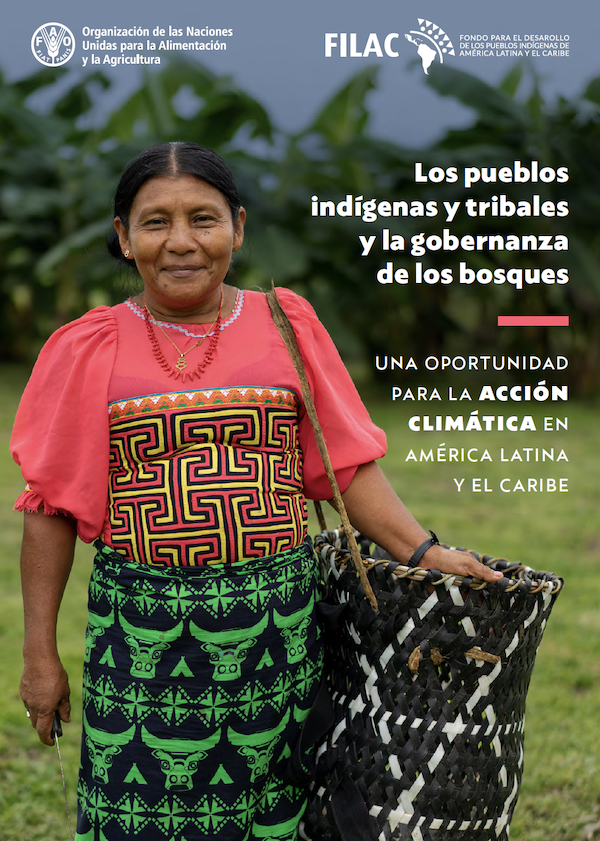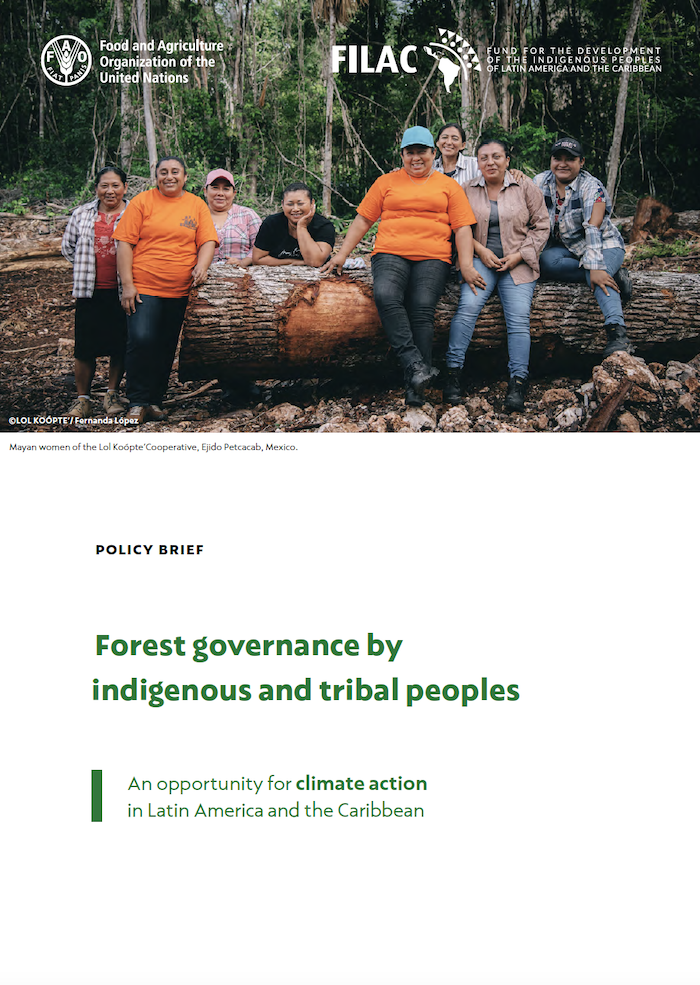IPBES assessment report on land degradation and restoration
Land degradation is a pervasive, systemic phenomenon: it occurs in all parts of the terrestrial world and can take many forms. Combating land degradation and restoring degraded land is an urgent priority to protect the biodiversity and ecosystem services vital to all life on Earth and to ensure human well-being




